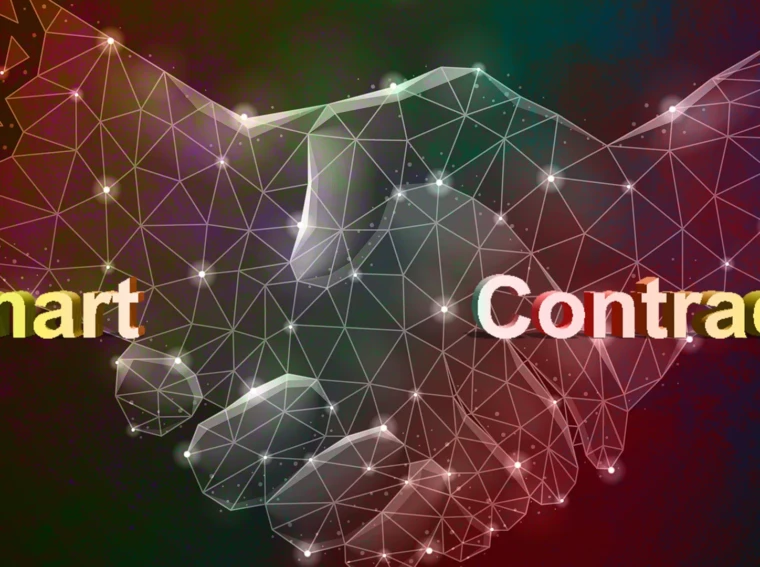- Smart contracts are making their way ahead.
- Some real-life applications of it.
Smart contracts are contracts that do not require any third party for executing. They execute themselves if a certain condition is met. They are mainly used in blockchain networks. However, apart from blockchain, they are emerging in real-life applications as well.
What are Smart Contracts?
Smart contracts automatically execute the program if a condition is met. Once completed, the transactions under it are trackable but irreversible. It works on a network of computers that executes the program automatically when the predetermined condition is met.
It provides speed, efficiency, and accuracy to the transactions. As there’s no third party involved, they also build trust and transparency. In addition to this, they also provide security as the transaction records are encrypted in a way that they can’t be hacked easily.
With the increase in the implementation of it in various fields, it shows us that they are emerging as a major technological advancement. Many researchers believe that it can surpass the inefficiency and the issues related to traditional contracts.
However, they are permanent in nature and cannot be changed once executed. But, It is the future as they will change the way how traditional contracts operate.
Real-Life Applications of Smart Contracts
Supply Chain Management
Smart contracts can help in supply chain management as they can automate many steps involved in the supply chain including shipping, inventory, and payments. This will decrease delays in the supply chain and increase effectiveness.
Real Estate Dealings
Smart contracts can play a significant role in real estate deals. Several processes like transfer of ownership, title checks, and escrow payments can be automated with the help of it.
Insurance coverage claims
Smart contracts can be utilized in the insurance claims process as they can simplify the claim procedure. These contracts can help in automating the submission and authorization of a claim.
Rights to Intellectual Property
It can also help in the patenting and copyright process by automating the procedure of licensing. It will help with content like music, software, and videos.
Votings System
It can potentially help in conducting voting systems. They can automate the process like vote counting and recording. They can also help in enhancing the transparency of the voting process.
Concluding thoughts
Smart contracts are widely used in various real-life applications such as supply chain management, real estate dealings, insurance claim procedure, intellectual property rights, and voting processes. They are emerging in a way that they can be used in more real-life applications like medical lines, farmers’ contracts, etc.
In the future, we will probably witness a sudden increase in the number of use cases of smart contracts. It helps businesses in cutting expenses, boosting productivity, and improving customer satisfaction.

